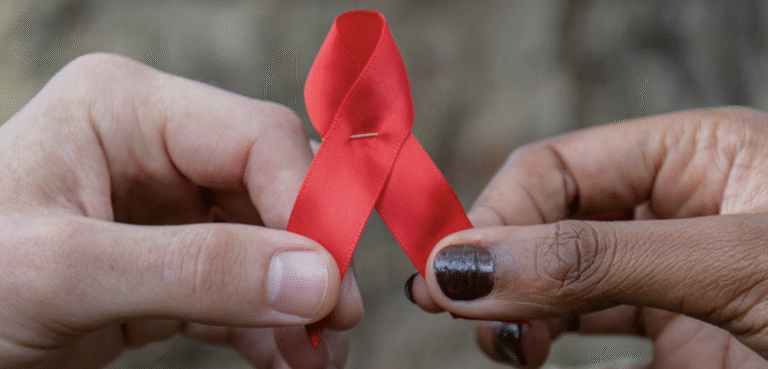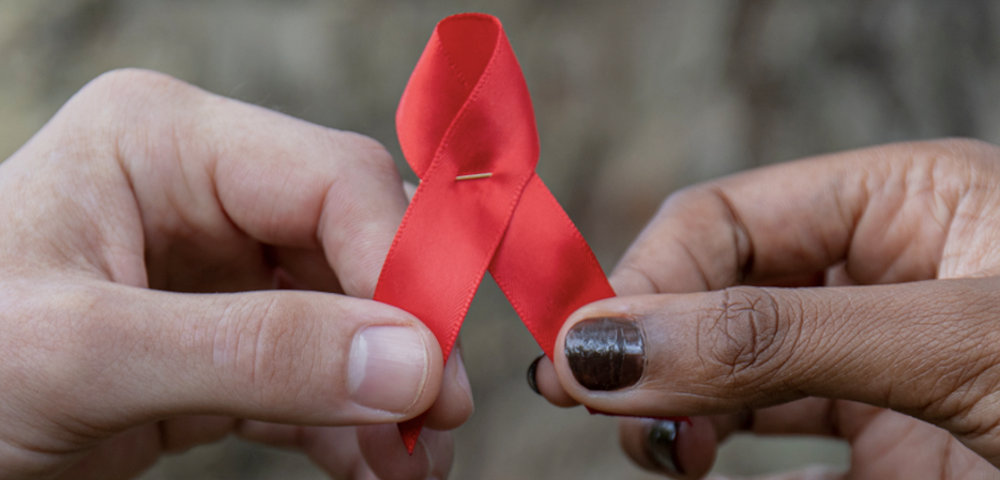
‘Once you’re on the system, you’re on there for good’: My Health Record 101

Today is the start of the opt-out period for the My Health Record system which runs until the October 15, 2018.
Every Australian will have a My Health Record by the end of the year unless they choose to opt-out. If you are just hearing about this or you are uncertain if an e-health record is right for you, here is a quick explainer.
What is My Health Record?
My Health Record is an online database of health information owned by the Government. When your record is created your Medicare records for the previous two years will be uploaded.
This includes documents about your allergies, medical conditions, prescriptions, and test results. It also includes such things as discharge summaries and referral letters to specialists. After your record is online, this information will be automatically added to your Record.
What’s the benefit?
Cataloguing all of your health information in one place has a variety of benefits, including convenience. It reduces the hassle of transferring files if you change doctors and eventually you will be able to arrange repeat prescriptions online without the need to book an appointment.
More importantly, easier access to medical information alerts doctors to allergies more effectively and helps prevent harmful drug interactions.
What’s the catch?
Catches. While there are obvious benefits to an electronic health system, there are a few issues with the My Health Record Act concerning privacy and policing.
Firstly, you don’t own your My Health Record and it can’t be deleted. You can cancel the Record which makes it unavailable to doctors but the information will stay on the system for up to 130 years. Once you’re on the system, you’re on there for good.
Secondly, your private information isn’t just shared between doctors. Under the current legislation, law enforcement agencies and government departments can access your medical information without a warrant or subpoena. For some people, this creates a barrier to accessing healthcare.
How does this affect me?
The main problem is that the length of data retention and non-medical access to the system might breach people’s privacy or discourage them from speaking openly with their doctors, jeopardising their physical and mental wellbeing. Let’s look at a few examples:
LGBTQ+ people
Privacy is especially important for gender and sexually diverse people and they may not want their health records circulated or retained. For instance, some trans people may want their consultations to remain between them and their doctors. Similarly, an anxious trip to A&E to obtain PEP might not be something that you want broadcast to government agencies or preserved for decades.
People living with HIV
Making it easier to track prescriptions and drug interactions may be convenient for many people living with HIV. However, there are concerns about the possibility of medically unnecessary or unwanted disclosure of HIV status. HIV criminalisation means that people living with HIV are at higher risk of policing and prosecution. Additionally, stigma and fear of enforcement serves to deter people who are HIV negative from testing regularly.
People who use recreational drugs
Non-medical access to health information discourages people who use recreational drugs from being frank with their doctors. This is a pressing concern for certain groups within the LGBTQ community. Research shows that over 80 per cent of gay and bisexual men in Australia report using recreational drugs over their lifetime. It is critical that people are able to honestly discuss their situation to avoid negative drug interactions.
Sex workers
The possibility of health records being used to target sex workers threatens their ability to confidently access healthcare and discuss their needs with medical professionals. Sex workers already face criminalisation, discrimination and refusal of service in a variety of situations and so it is vital that their unique privacy requirements are considered.
What should I do?
This depends on your individual circumstances including your medical needs, your privacy concerns, and whether you are at risk of over-policing and surveillance. For some, the benefits of an electronic health system are evident while for others the risks will be just as clear.
Ultimately, whether to opt-out or not is a personal decision based on a variety of factors. However, police access to health information creates a threatening environment for marginalised communities.
People must be able to speak openly to medical professionals to receive appropriate healthcare. If the system would prevent you from talking candidly to your doctor, then you might consider opting-out.









